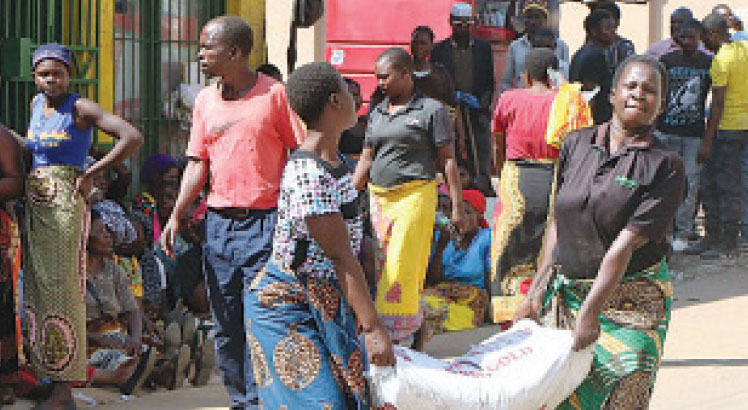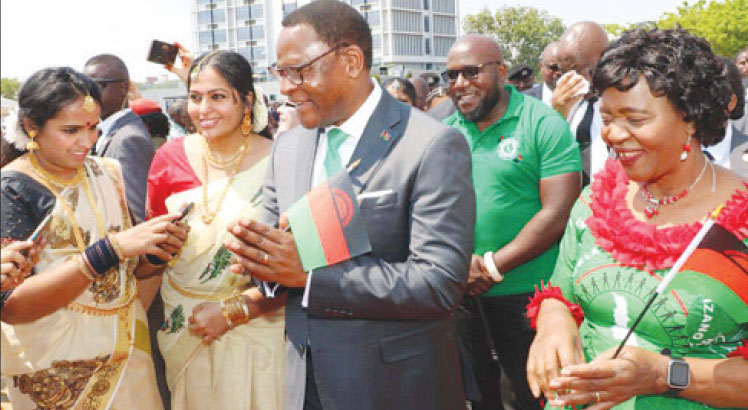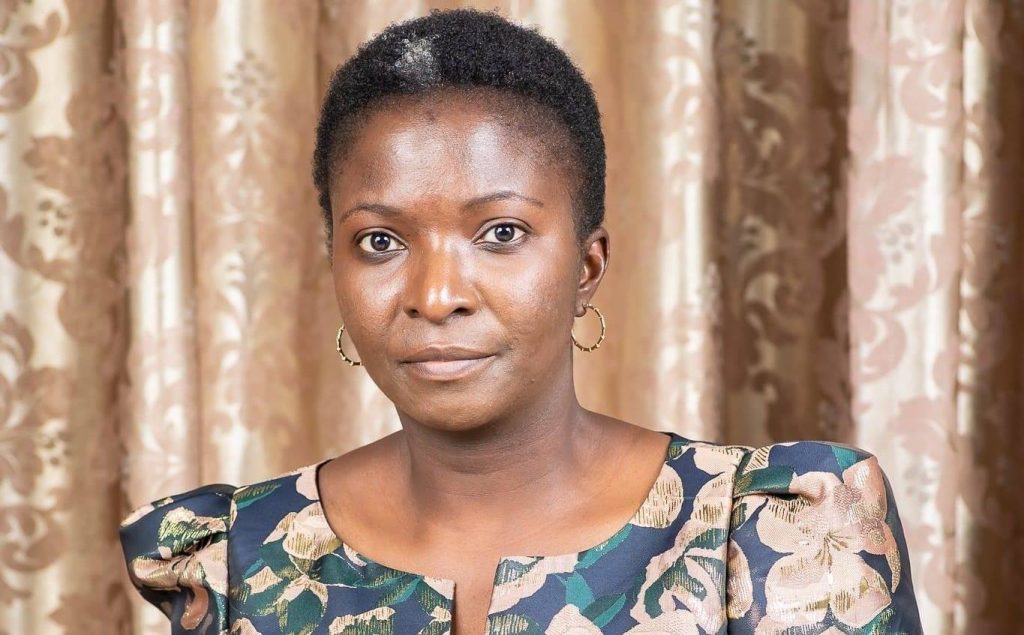The Fertiliser Association of Malawi (FAM) has disclosed that private fertiliser suppliers have a deficit of about 260 000 metric tonnes (MT) that needs to be imported in the next two months to meet the demand of 350 000 MT.
FAM executive administrative officer Mbawaka Phiri said in an interview that fertiliser demand in a normal season consists of 350 000MT for commercial sales and 250 000MT for the Affordable Inputs Programme (AIP).
She said the chronic forex scarcity has greatly affected the ability of the companies to import the commodity.
Said Phiri: “It is a great concern at the moment. Although globally prices of fertiliser have slightly gone down, demand in southern Africa could push them up and Malawi has an additional issue regarding forex availability and exchange rate.”
According to Phiri, the companies have since January imported 130 000 MT of fertiliser, out of which 40 000 MT was used towards the end of the 2021/22 agricultural season and are remaining with only 90 000 MT.
Women take home AIP fertiliser last year
She added that if the United States dollar continues to gain against the kwacha then fertiliser prices within Malawi will be affected.
Meanwhile, Ministry of Agriculture officials are still keeping under wraps how much AIP fertiliser has been purchased.
But last month, Secretary to Treasury (ST) Macdonald Mafuta Mwale indicated that government was procuring 200 000 MT of the fertiliser from South Africa and 30 000 MT from Beira in Mozambique.
However, when asked on Thursday this week on whether the consignment arrived in the country, the ST said he was outside the country and needed to be updated by Ministry of Agriculture officials.
Secretary for Agriculture Sandram Maweru also issued a statement on Thursday indicating that Smallholder Farmers Fertiliser Revolving Fund of Malawi (SFFRFM) contracted a UK-based company Barkaat Foods Limited which has failed to supply 25 000 MT of fertiliser.
He was responding to an allegation by chairperson of the Parliamentary Committee on Agriculture and Irrigation Sameer Suleman who claimed that government was duped of K30 billion in the fertiliser deal.
But Maweru indicated that the commitment fee of K750 million which was paid to the company would be remitted through Ecobank by the end of this month.
Government has not officially announced the number of beneficiaries for this season but according to the yet-to-be released guidelines, the beneficiaries have been trimmed to 2.5 million from 3.7 million last season with 30 000 of those getting two goats each valued at K80 000, equivalent to the government’s fertilizer contribution to each farmer.
Based on the targeted 2.5 million beneficiaries, the ministry’s total contribution to this year’s AIP fertiliser and goats stands at K200 billion and around K13 billion for seeds. This dwarfs the K109 billion which Treasury allocated in the 2022/23 National Budget and Parliament approved in March this year.
On reducing the beneficiaries, the draft guidelines state that those not considered will benefit from other programmes.
When asked on the status of the programme, spokesperson for the Ministry of Agriculture Gracian Lungu said: “Currently we are making no comment on any AIP related issues. We will be making pronouncements on this issue any day.”
But in an earlier interview Minister of Agriculture Lobin Lowe said the ministry will consider the rise in fertiliser prices and devaluation of the kwacha when determining the number of beneficiaries.
According to the Parliamentary Committee on Agriculture, government needs to purchase 200 000 MT of Urea and 200 000MT of NPK for a smooth implementation of the programme.
An agriculture expert Tamani-Nkhono Mvula has faulted the authorities for the silence, arguing that taxpayers deserve to know the truth so as to look for other options if the programme is faced with hardships.
He said: “The silence means all is not well with AIP, and I doubt if we will have this programme this year. The ministry announced reforms, for example, that some beneficiaries will be dropped and that State institutions will be used to deliver the programme, the expectations were that by now such details should have been in the public domain.”
State produce trader Agricultural Development and Marketing Corporation, which was one of the key distributors of subsidised AIP last season, was closed two months ago to pave the way for restructuring of the financially struggling parastatal.
Government also settled for SFFRFM to lead in fertiliser procurement, but the chief executive officer Richard Chikunkhuzeni was yet to respond to our questionnaire on how much fertiliser it has procured.
SFFRFM officials failed to appear before Parliamentary Committee on Agriculture on Tuesday this week, where they were expected to give an update on the purchases.
Commenting on the issue, Farmers Union of Malawi president Frighton Njolomole cautioned government that any further delays in fertiliser deliveries, especially in hard-to-reach areas may have a negative impact on maize output and food security.
He pointed out that it is important for government to provide an update on the current fertiliser supply situation so that farmers can prepare better for the season.
In May this year, Lowe faulted private suppliers for allegedly messing up the implementation of AIP in the 2021/22 growing season saying they failed to deliver or meet allocated amounts pulled out at the eleventh hour.
As a result, the minister said most fertiliser bought by farmers came from government entities hence the decision to empower State agencies to take the lead in procurement and distribution of farm inputs.
About 13 companies turned down AIP contracts in November last year, citing the effects of Covid-19, rising cost of fuel and government’s fixed prices.
The post Murky waters on fertiliser appeared first on The Nation Online.
 Moni Malawi
Moni Malawi 

